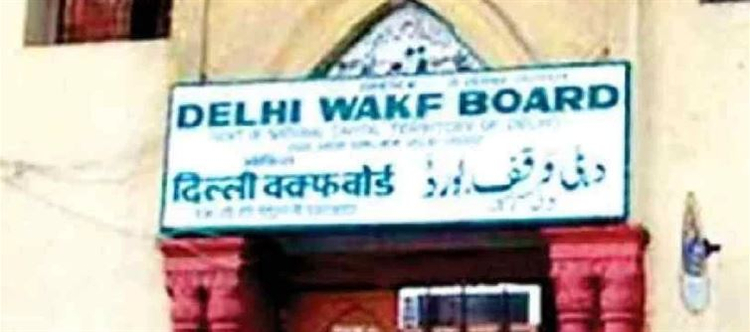
Membership on Boards
Previously, the Waqf Board could only include Muslim members.
Now: According to the new bill, the board must have two women and two non-Muslims.
Claims for Property
Before this, the Waqf Board was able to claim ownership of any property.
Now: The board needs to confirm that a property truly belongs to the Waqf Board before claiming it.
Government Property Status
Previously, government-owned property may be claimed by the Waqf Board.
Now: The board will not have ownership rights over government property, and it will not be included in Waqf.
Right to Appeal
Previously, the Waqf Tribunal's ruling was final and the only avenue for appeal for anyone who disapproved of the Waqf Board's decision.
Presently, the Waqf Tribunal's ruling may be contested in the High Court in ninety days.
Control and Observation
Before this, the Waqf Board was accused of abusing its authority by making irrational property claims.
For improved oversight, all Waqf properties must now be registered at the district office.
Particular Measures for Specific Communities
Previously: Every member of the Waqf Board was subject to the same regulations.
The Bohra and Aga Khani Muslim communities will now have their own Waqf Boards.
Members of the Waqf Board
Previously: Certain Muslim groups held a significant amount of authority over the Waqf Board.
Members of the Sunni, Shia, and backward Muslim communities will now be represented on the board.
The Central Waqf Council has three members.
Before: Two lok sabha members and one rajya sabha member had to be Muslims in order to serve on the Central Waqf Council.
Now, three MPs may be appointed by the central government to the Central Waqf Council; they do not need to be Muslims.
The goal of these modifications is to improve the transparency and inclusivity of Waqf property administration.




 click and follow Indiaherald WhatsApp channel
click and follow Indiaherald WhatsApp channel